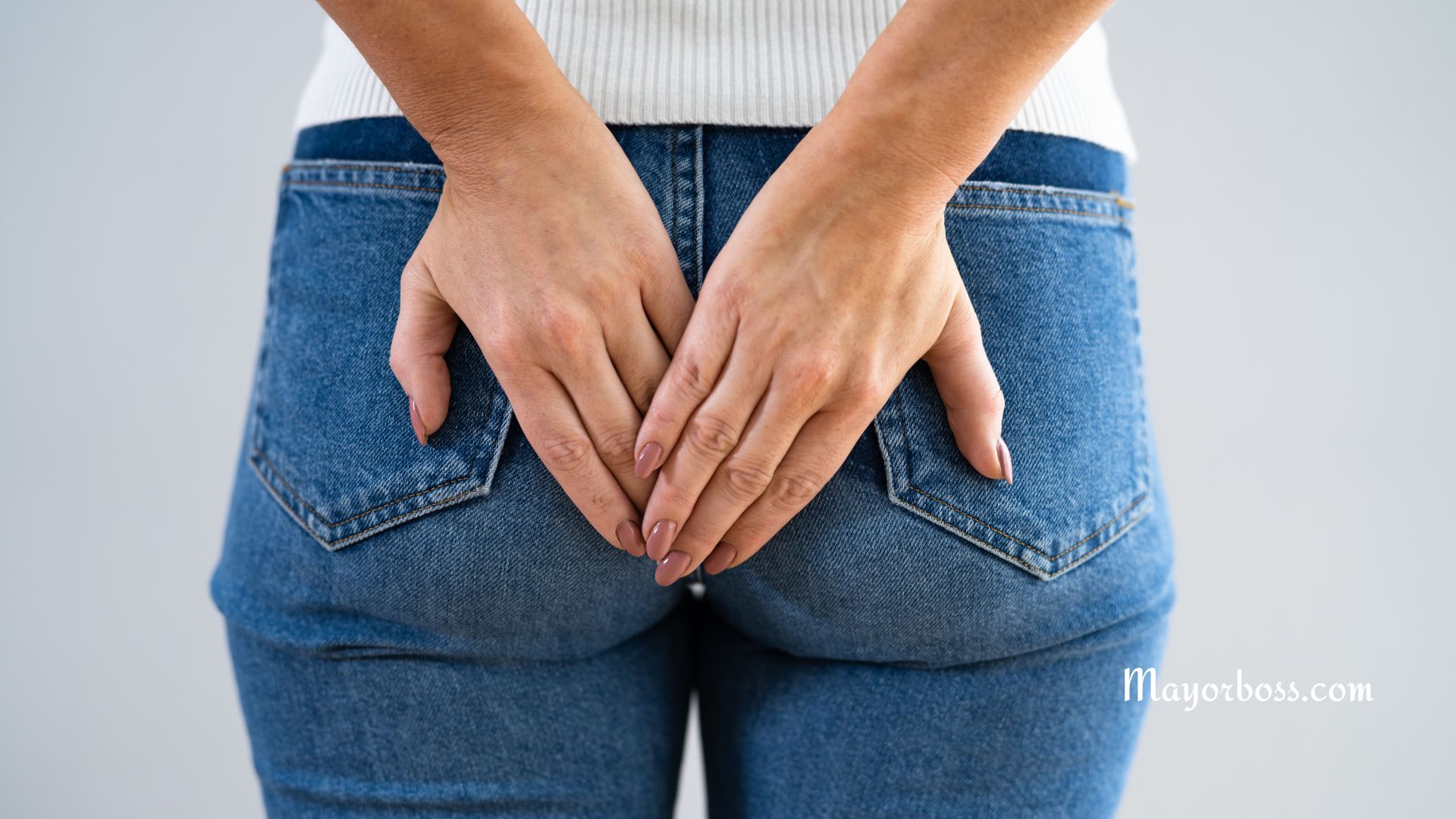It Burns When You Pee? Here’s Why
If you feel burning or pain when you urinate, your body is sending a warning. This symptom, known as painful urination, can have several causes — some minor, others requiring urgent treatment. Knowing the reasons helps you act quickly and protect your urinary health.

Urinary Tract Infections (UTIs)
A urinary tract infection is one of the most common reasons for burning during urination. Bacteria can enter the urinary system through the urethra, leading to irritation and inflammation.
You might also notice:
- A constant urge to pee, even right after going
- Cloudy or strong-smelling urine
- Lower belly pressure or discomfort
Women are more prone to UTIs because their urethra is shorter, giving bacteria a shorter path to the bladder.
Sexually Transmitted Infections (STIs)
STIs such as chlamydia, gonorrhea, or trichomoniasis can irritate the urinary tract and cause burning. These infections may also bring unusual discharge, itching, or pelvic pain. Some STIs show no symptoms at first, so regular testing is important if you are sexually active with new or multiple partners.1
Kidney Stones
If you’ve ever had one, you know the pain is unforgettable. Kidney stones are hard mineral deposits that can move from the kidneys into the urinary tract. This can cause sharp pain, burning when you pee, and sometimes blood in the urine. Other signs include severe back or side pain and nausea.
Vaginal or Prostate Problems
In women, burning can be linked to vaginal infections, yeast overgrowth, or irritation from certain hygiene products. In men, an inflamed prostate (prostatitis) can cause painful urination, pelvic discomfort, and frequent urges to pee.
Irritation from Products
Sometimes the cause isn’t an infection at all. Bubble baths, scented soaps, laundry detergents, personal wipes, or condoms with spermicides can irritate the urethra. If your symptoms started after using a new product, switching to unscented, gentle options may help.2
Dehydration
When you don’t drink enough water, urine becomes more concentrated and acidic. This can cause stinging during urination and make the urinary tract more vulnerable to infection. Aim for pale yellow urine as a sign you are hydrated.
When to Seek Medical Care
You should see a doctor if:
- Pain lasts more than a couple of days
- You notice blood in your urine
- You have fever, chills, or back pain
- You experience sudden, severe discomfort
Prompt treatment can prevent complications such as kidney infections.
How to Protect Your Urinary Health
- Drink plenty of water every day
- Empty your bladder after sexual activity
- Wipe from front to back (for women)
- Avoid harsh or scented products in the genital area
- Wear breathable cotton underwear
- Don’t hold in urine for long periods
Bottom line: Burning when you pee is not normal and should not be ignored. Whether it’s a UTI, STI, kidney stone, or irritation, finding the cause early can prevent long-term damage.
FAQs
1. Can stress cause burning when urinating?
Stress doesn’t directly cause it, but it can lower immunity, making infections more likely.
2. Can I treat a UTI without antibiotics?
Mild irritation may ease with hydration, but UTIs often require antibiotics to clear.
3. Is burning always caused by infection?
No. It can also be due to irritation, dehydration, or stones.
4. How can I tell if it’s an STI or UTI?
Testing is the only way to know for sure. Symptoms can overlap.
5. Does cranberry juice help?
It may help prevent some UTIs, but it cannot cure an active infection.






